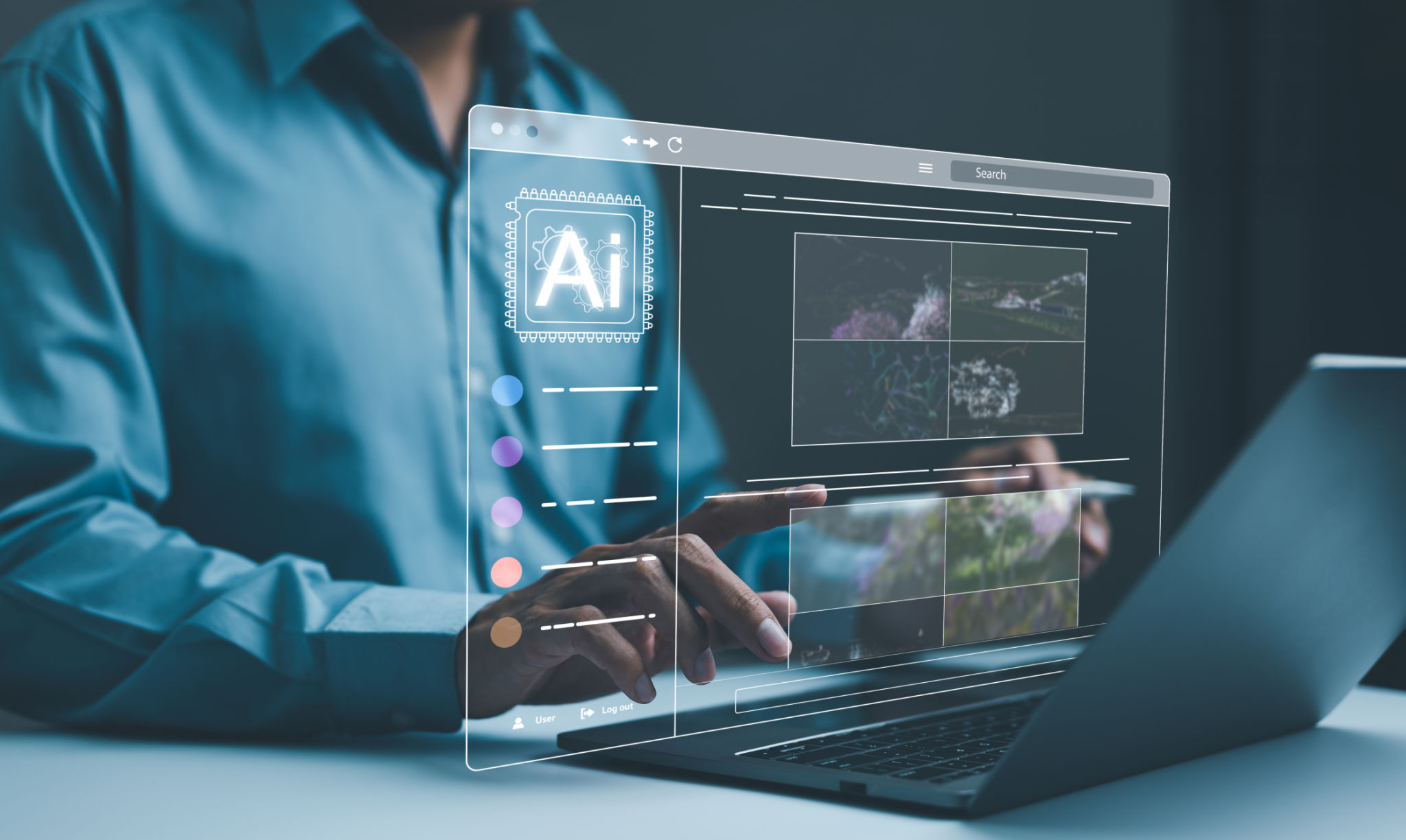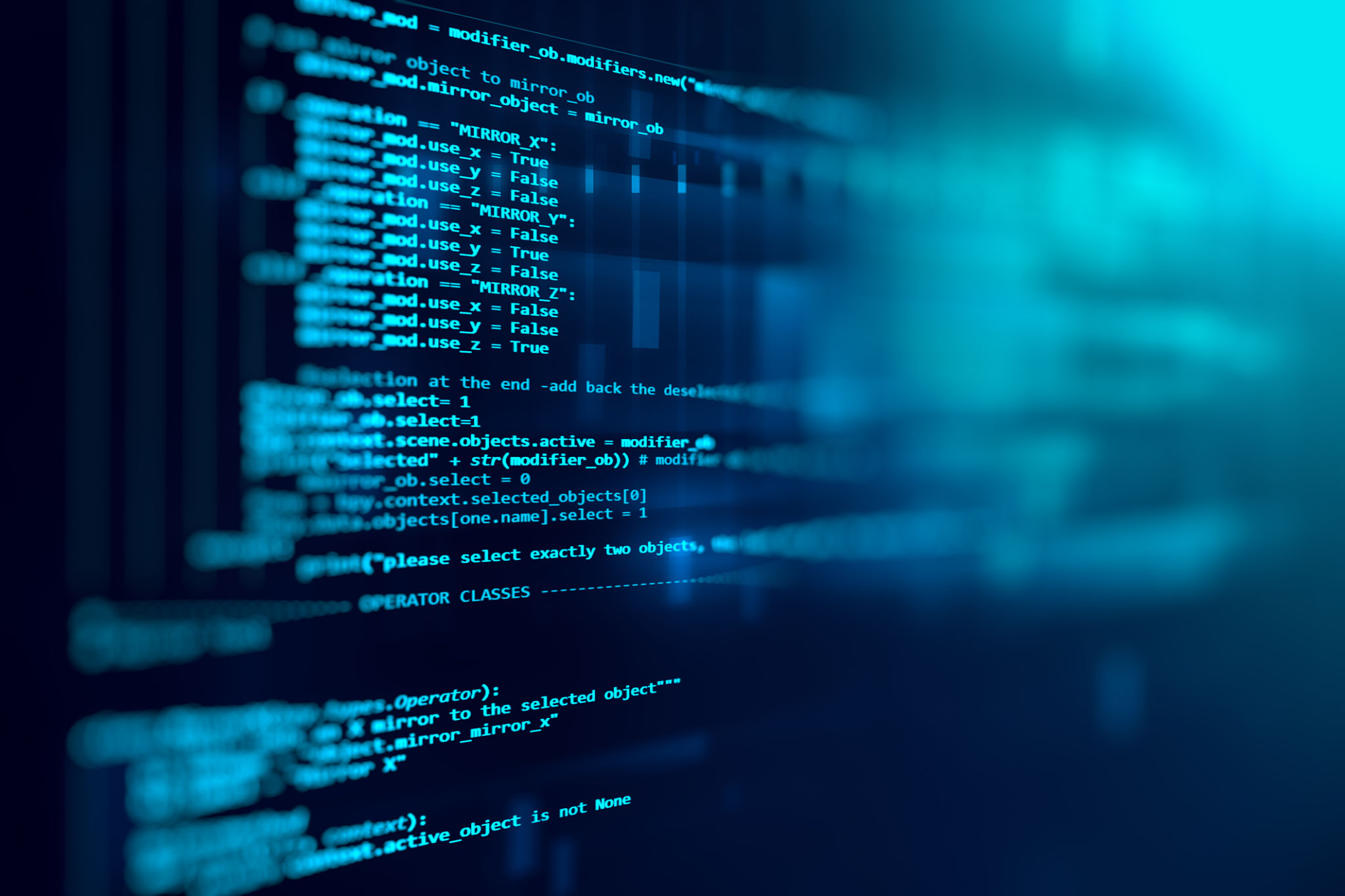The Future of AI Software Development: Trends to Watch
The world of software development is undergoing a transformative shift with the integration of artificial intelligence (AI). As AI technologies continue to evolve, they are reshaping how software is developed, deployed, and maintained. Developers and businesses alike are recognizing the potential of AI to enhance productivity, improve code quality, and drive innovation.

Automation in Code Generation
One of the most significant trends in AI software development is the increasing use of automation in code generation. AI-powered tools are now capable of writing code snippets, suggesting improvements, and even generating entire modules. This not only accelerates the development process but also reduces the likelihood of human error.
These tools leverage vast amounts of data from existing codebases to understand coding patterns and best practices. As a result, developers can focus more on creative problem-solving and less on repetitive coding tasks. Automation in code generation is expected to become even more sophisticated, enabling more complex applications to be built with minimal manual intervention.
AI-Driven Testing and Debugging
AI is revolutionizing software testing and debugging by introducing intelligent systems that can predict potential issues and suggest fixes. Traditional testing methods are often time-consuming and prone to oversight, but AI-driven testing can quickly analyze large datasets to identify anomalies and vulnerabilities.

Furthermore, AI tools can simulate various scenarios to test software under different conditions, ensuring reliability and robustness. By automating these processes, developers can significantly reduce the time spent on testing and debugging, allowing for faster deployment cycles and more reliable software products.
Enhanced Personalization and User Experience
Another trend in AI software development is the emphasis on personalization and enhancing user experience. AI algorithms can analyze user behavior and preferences to deliver highly personalized experiences. This level of customization can lead to increased user satisfaction and engagement.
With AI-driven analytics, developers can gain insights into how users interact with their applications, enabling them to make data-driven decisions for improvements. This trend is particularly prevalent in sectors such as e-commerce, healthcare, and entertainment, where user experience is critical.

Ethical Considerations and Responsible AI
As AI becomes more integrated into software development, ethical considerations are coming to the forefront. Developers must ensure that AI systems are designed responsibly, with fairness, transparency, and accountability in mind. There is a growing demand for frameworks and regulations that guide ethical AI deployment.
Additionally, biases in AI algorithms are a concern that developers need to address. By prioritizing diversity in training data and implementing bias detection mechanisms, developers can create more equitable AI solutions. The focus on ethical considerations will likely shape the future of AI software development significantly.
The Rise of Low-Code/No-Code Platforms
The rise of low-code and no-code platforms is another trend shaping the future of AI software development. These platforms empower non-technical users to create applications using intuitive interfaces without deep programming knowledge. AI integration in these platforms allows for even greater ease of use, enabling rapid prototyping and deployment.

This democratization of software development means that businesses can innovate quickly without relying solely on traditional development teams. As these platforms continue to mature, we can expect a broader range of people contributing to software development processes.
In conclusion, the future of AI software development looks promising with trends such as automation in code generation, AI-driven testing, enhanced personalization, ethical considerations, and low-code/no-code platforms leading the way. As these technologies evolve, they will continue to redefine the landscape of software development, offering exciting opportunities for developers and businesses alike.